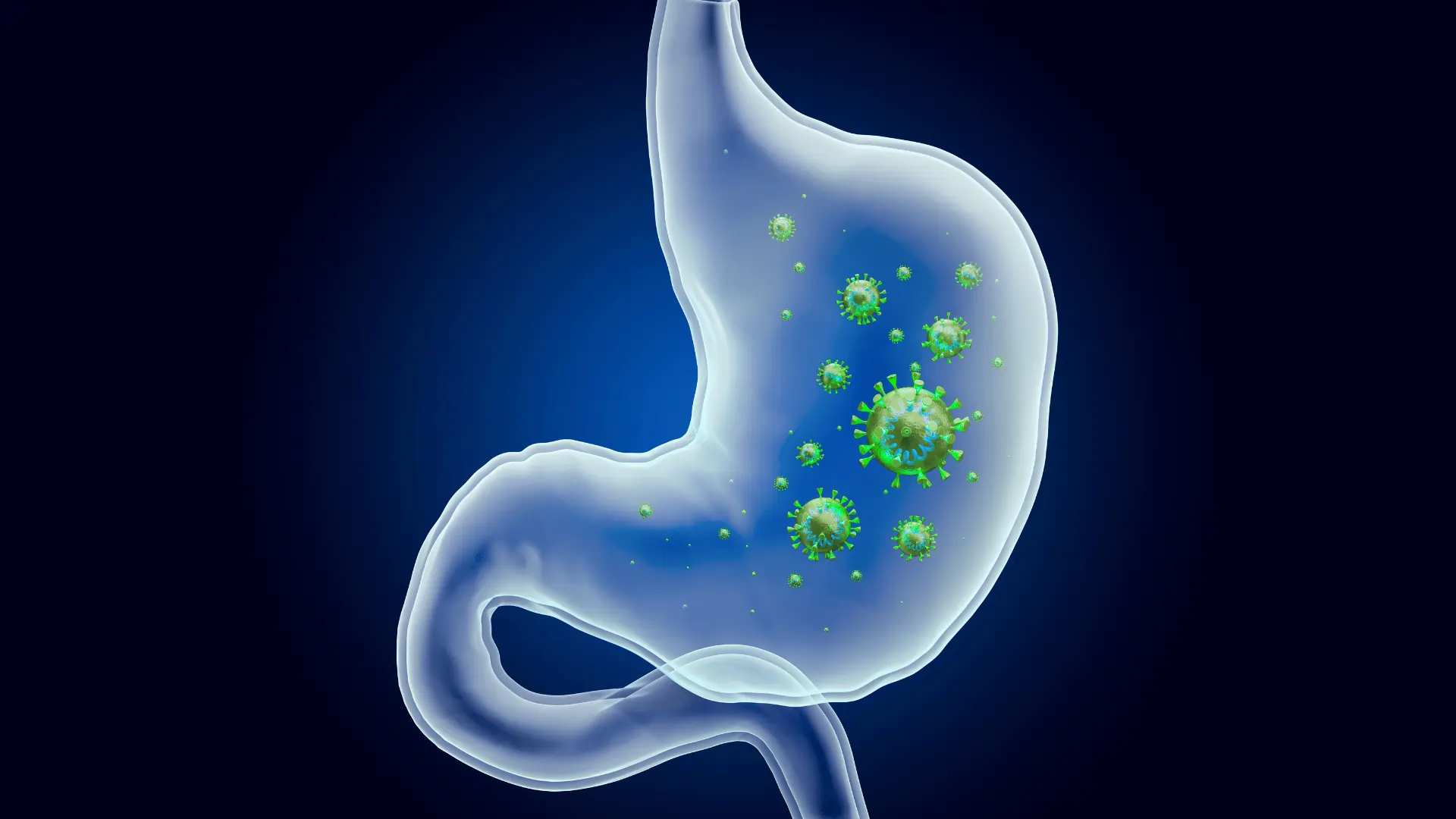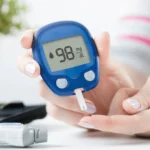
Stomach Virus Season | Prevention Tips and Effective Remedies
Stomach viruses, commonly referred to as viral gastroenteritis, can disrupt your life with symptoms like nausea, vomiting, and diarrhea. As we navigate through stomach virus season, understanding the causes and effective remedies can help you stay healthy. This blog provides a detailed guide on how to prevent stomach viruses and manage symptoms if you get sick.
What is a Stomach Virus?
A stomach virus is an infection caused by several viruses that lead to inflammation of the stomach and intestines. This inflammation is often accompanied by symptoms such as stomach cramps, nausea, vomiting, diarrhea, and sometimes fever. The most common culprits include norovirus and rotavirus.How Do Stomach Viruses Spread?
Stomach viruses are highly contagious and can be spread through contact with an infected person, or by consuming contaminated food or water. Viruses can also live on surfaces like doorknobs and countertops for hours or days, making it easy to catch a virus without direct contact with someone who is infected.Prevention Tips
- Wash Your Hands Regularly: Frequent handwashing with soap and water is the most effective way to prevent the spread of stomach viruses. Ensure you wash your hands especially before eating, after using the restroom, and when you return home from public places.
- Disinfect Surfaces: Regularly clean and disinfect surfaces in your home, especially in the kitchen and bathroom, where viruses are more likely to spread.
- Avoid Close Contact: Try to avoid close contact with people who are sick, and if you are sick, limit your contact with others to prevent spreading the virus.
- Handle and Prepare Food Safely: Wash fruits and vegetables before eating or cooking them, and avoid undercooked meats and seafood that can carry viruses.
- Stay Hydrated: If you are exposed to a stomach virus, keeping hydrated is crucial, especially if you start showing symptoms like diarrhea or vomiting.
Symptoms of a Stomach Virus
The symptoms of a stomach virus include:- Nausea
- Vomiting
- Diarrhea
- Stomach cramps
- Low-grade fever
- Muscle aches
Home Remedies for Stomach Virus
- Stay Hydrated: Drink plenty of fluids such as water, broth, and oral rehydration solutions. Avoid caffeine and alcoholic beverages as they can worsen dehydration.
- Rest: Your body needs rest to fight off the virus, so listen to your body and rest as much as possible.
- Eat Bland Foods: Once you feel ready to eat, start with bland foods like toast, rice, bananas, and applesauce. Avoid spicy or fatty foods until you fully recover.
- Ginger Tea: Ginger can help reduce nausea and vomiting. Drink ginger tea or chew on raw ginger to alleviate symptoms.
StomaFlex for Stomach Wellness
During and after recovery, it’s important to support your digestive health to avoid future episodes. StomaFlex from Gold Pharma is designed to enhance stomach wellness. It contains ingredients that help soothe the stomach lining and support overall digestive health.When to See a Doctor
Consult a healthcare provider if:- Symptoms persist for more than three days.
- You experience severe dehydration symptoms like dizziness, dry mouth, or decreased urine output.
- You have a high fever or blood in your stool.



